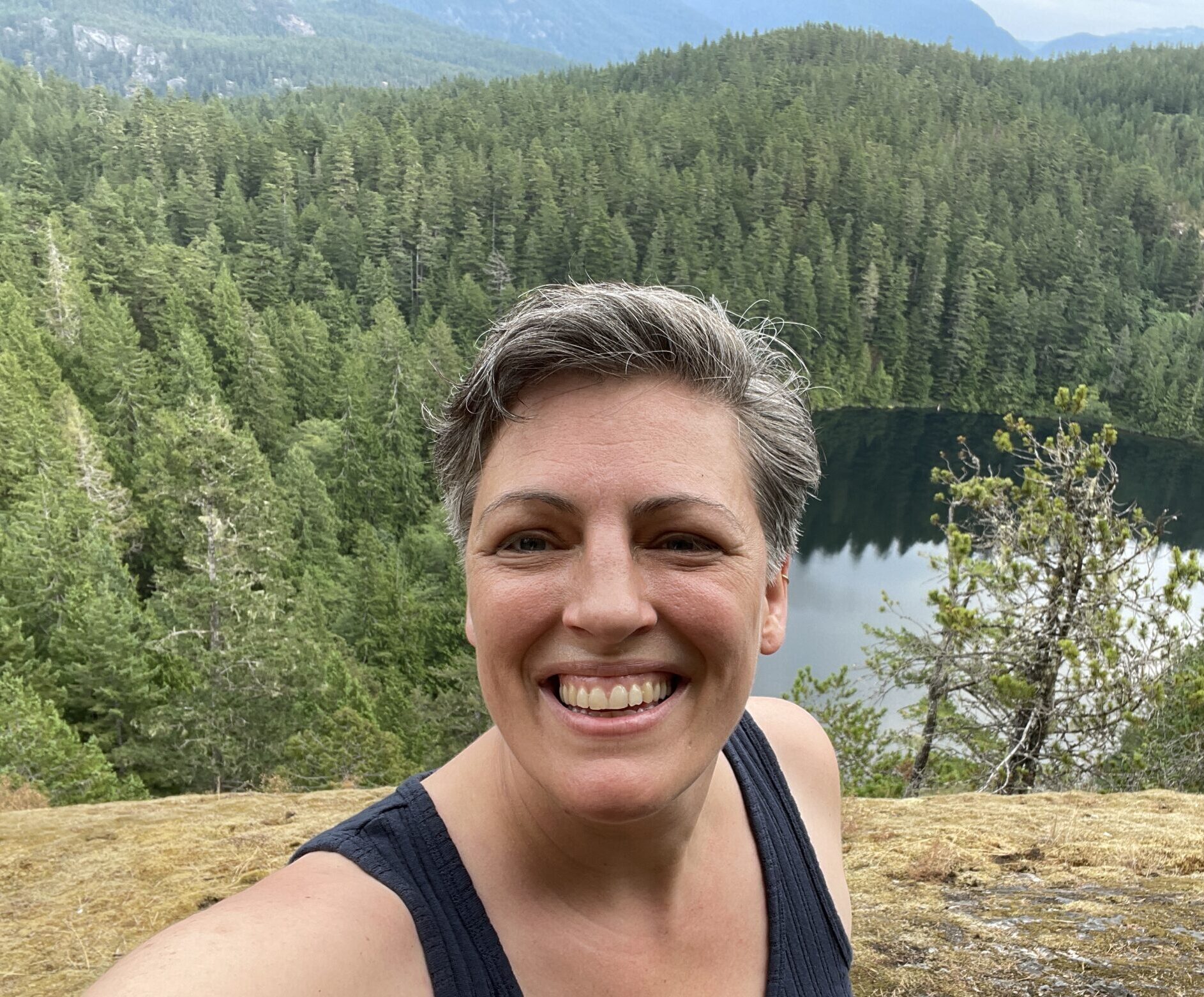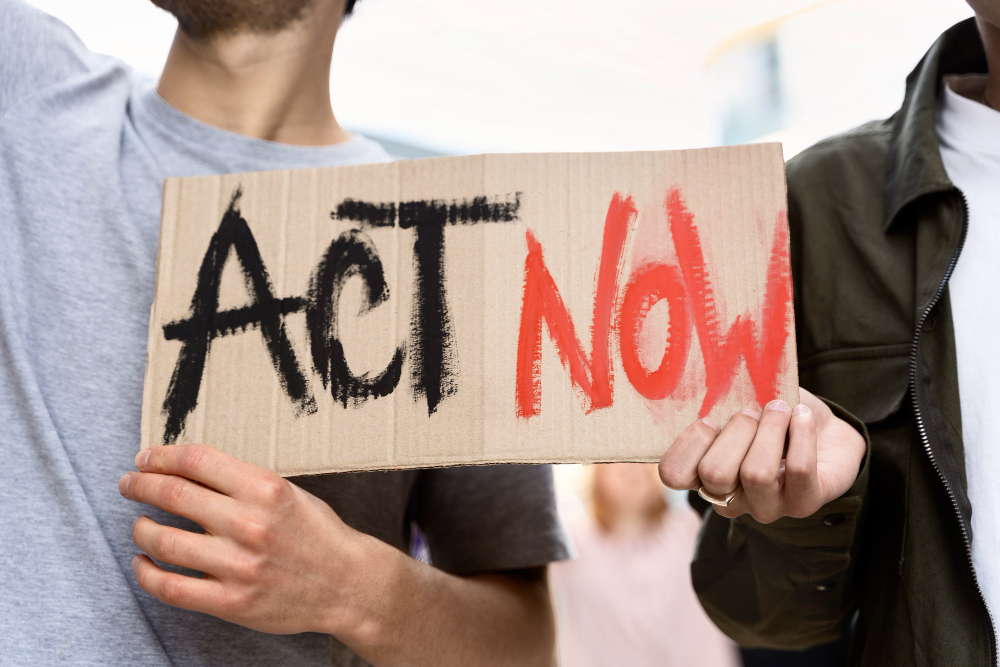As a solution architect, I spend my days optimising complex systems—making them efficient and purposeful. For the past eight years, I’ve had to apply that same lens as a parent navigating the public education system. What I’ve found is deeply troubling. The system isn’t broken; it’s functioning as designed—forcing children with disabilities to mask, comply, or be left behind.
The endless advocacy treadmill
Parents of children with disabilities know this story all too well. Schools present endless hurdles. Get a referral. Arrange therapy. Attend more meetings. Clear one obstacle, and another appears. Meanwhile, our children are slipping through the cracks—drained by a system that was never built to support them.
The toll on families
This unrelenting treadmill takes a devastating toll. Parents sacrifice careers, relationships, and health just to secure minimal resources for their children. Friendships and self-care become distant memories. We become isolated, exhausted, and desperate.
Built for control, not inclusion
This isn’t inefficiency. The system’s roots lie in colonial ideologies of control and exclusion. These are the same frameworks that shaped residential schools—institutions built to assimilate Indigenous children by erasing their identity. Today’s education system doesn’t operate with the same overt violence, but its foundations persist.
Let me be clear: I’m not saying the current education system is equivalent to residential schools. Residential schools were an atrocity of cultural genocide. However, both systems prioritise conformity over inclusion and humanity. They reward those who fit and marginalise those who don’t.
Marginalisation through exclusion
For students with disabilities, this takes many forms: exclusion from activities, denial of support, and practices like collective punishment. Children who struggle with compliance—often due to communication, sensory, or behavioural disabilities—are disproportionately targeted. It’s a cruel, ineffective tactic that reflects the system’s failure to invest in inclusion.
The consequences of scarcity
A recent article exposed how deep the problem runs. The Vancouver School Board (VSB) has reduced spending on students with disabilities by 35% since 2016, spends less than neighbouring districts, and employs fewer support staff. Graduation rates for these students have fallen, and families report academic, social, and mental health struggles. Yet there’s little transparency about where the funding goes.
Imagine if 35% of the wheelchairs used by people with mobility issues were taken away. For neurodivergent students, support teachers are often essential accommodations that help them access and engage with the environment. Remove these supports, and students are left stranded, crawling and unable to thrive.
A system under pressure
With fewer resources, some staff resort to harmful practices like exclusion and collective punishment to maintain order. Without clear direction or accountability, teachers have discretion to act in ways that may humiliate or harm children. The lack of oversight makes these practices possible.
Collective punishment is not as overt as physical restraint or isolation, but it quietly erodes a child’s self-worth by creating shame and stigmatizing differences. What’s worse, objecting to it can make parents seem overly sensitive or difficult. Yet most families have encountered it and questioned its fairness. It’s a practice that violates basic principles of justice—classified as a war crime under international law. I chose to focus on this issue because it’s both widespread and clearly wrong. By addressing it, I hope to challenge the broader cultural mindset that prioritises compliance over dignity.
Collective guilt
Philosopher Michel Foucault observed that systems of power are most effective when they convince people to participate in their own oppression. The education system excels at this. Parents are told that if they just work hard enough—attend every meeting, fill out every form—their children will get the support they need. It’s a lie. The system is designed to filter out those who don’t fit.
Breaking the silence
I deeply regret sending my children to school and not withdrawing them when I first discovered the horrors they would face. I feel ashamed for the pain they’ve endured. This website is my way of breaking that silence—of not staying anonymous while sharing the truth of our experience. I want the system to be better, and part of that is admitting that we are collectively failing our children. My children are wonderful, bright, caring people who deserve better.
Demanding better
No child should endure harmful practices like collective punishment. No parent should be forced to sacrifice their health and livelihood for basic inclusion. We must demand better.
Recognising the historical ideologies that underpin these systems isn’t about dwelling on the past. It’s about understanding how harm persists and evolves. We must reject systems that prioritise compliance over care. Our education system isn’t here to create obedient workers for corporations. It belongs to us. It should reflect the values we hold as a society.
The time to act is now. Let’s demand transparency, accountability, and meaningful inclusion. Let’s create a system where every child has the chance to thrive.
If you want to help contribute to this campaign, please get in touch.




